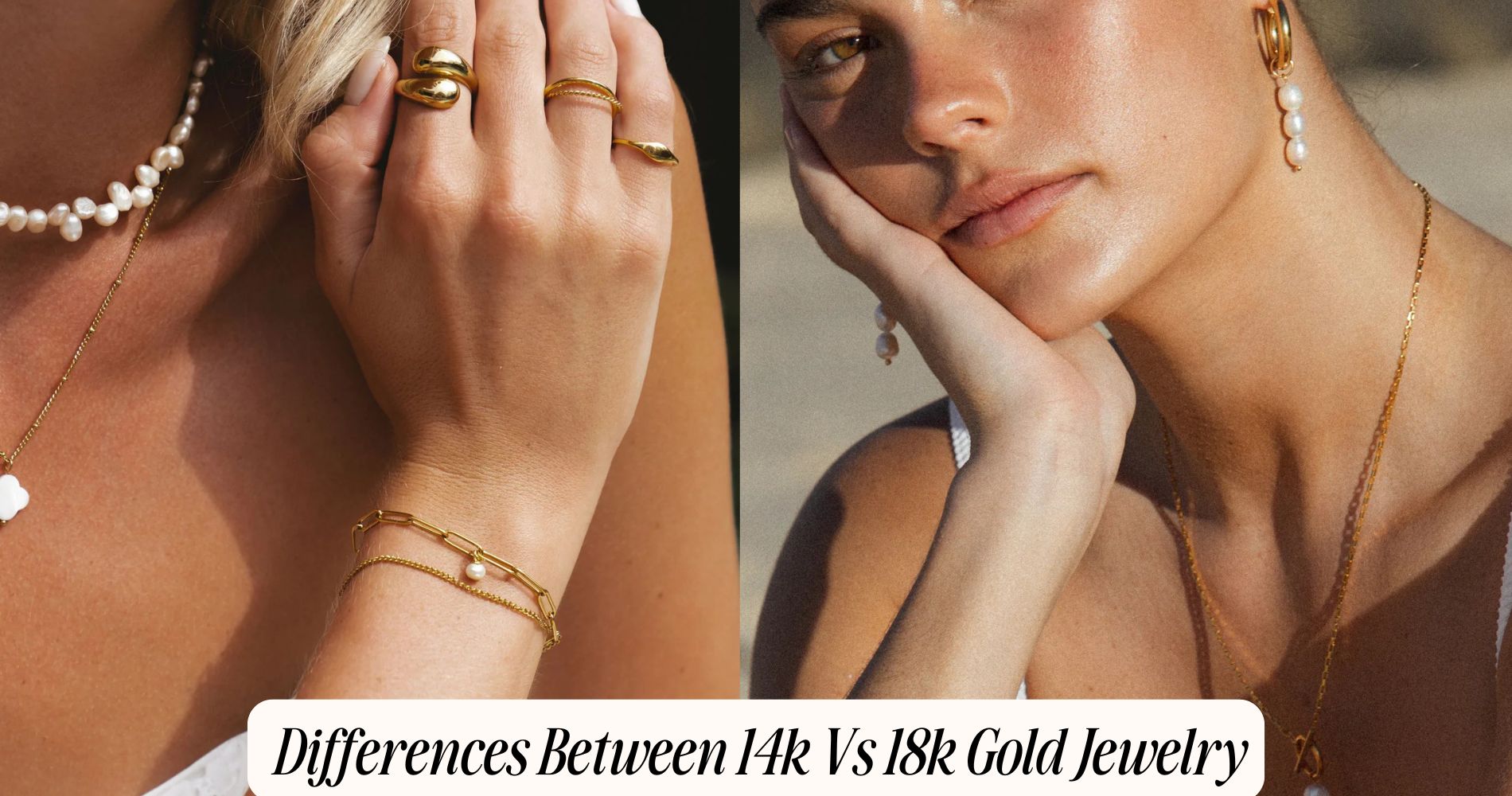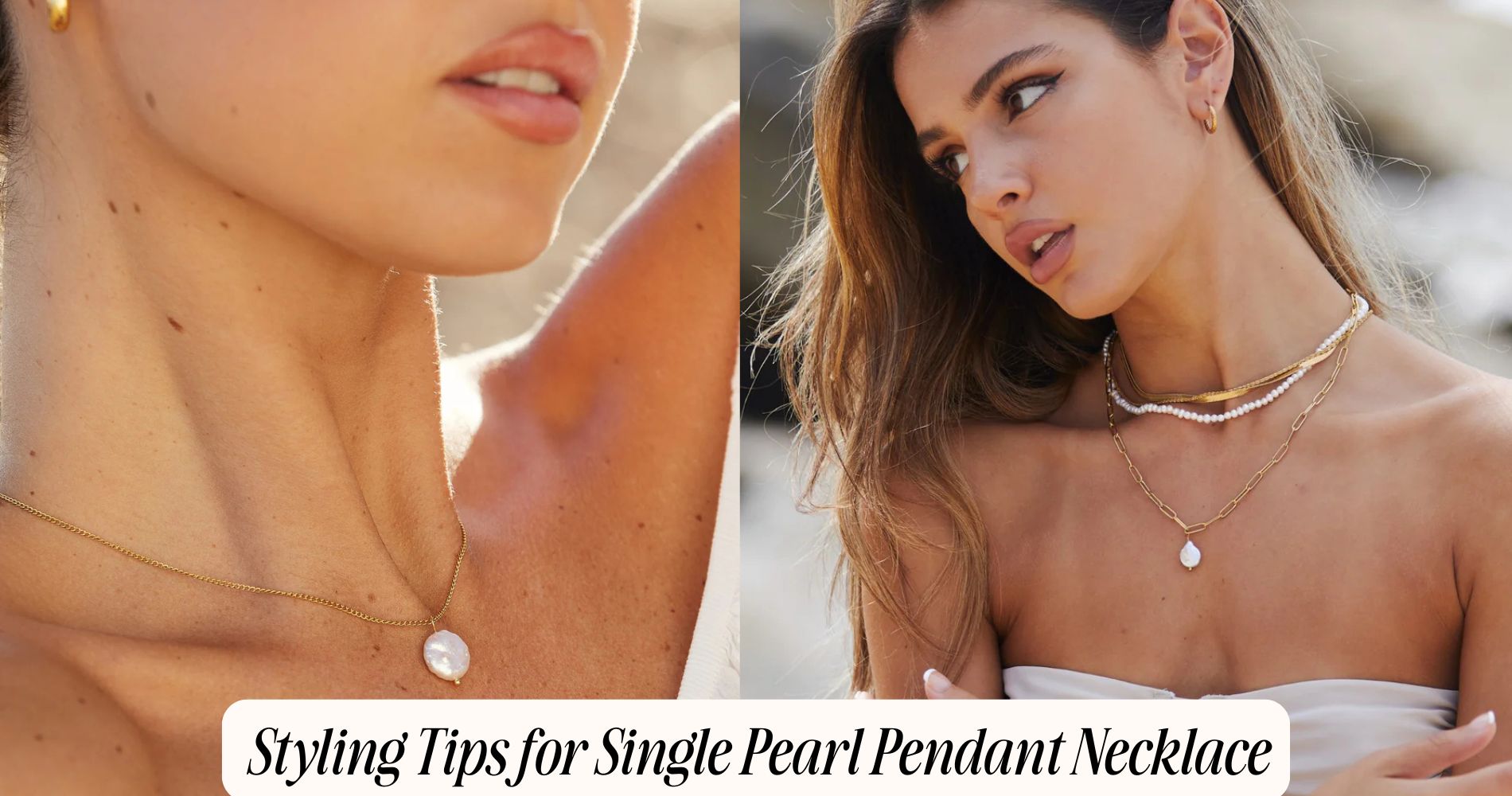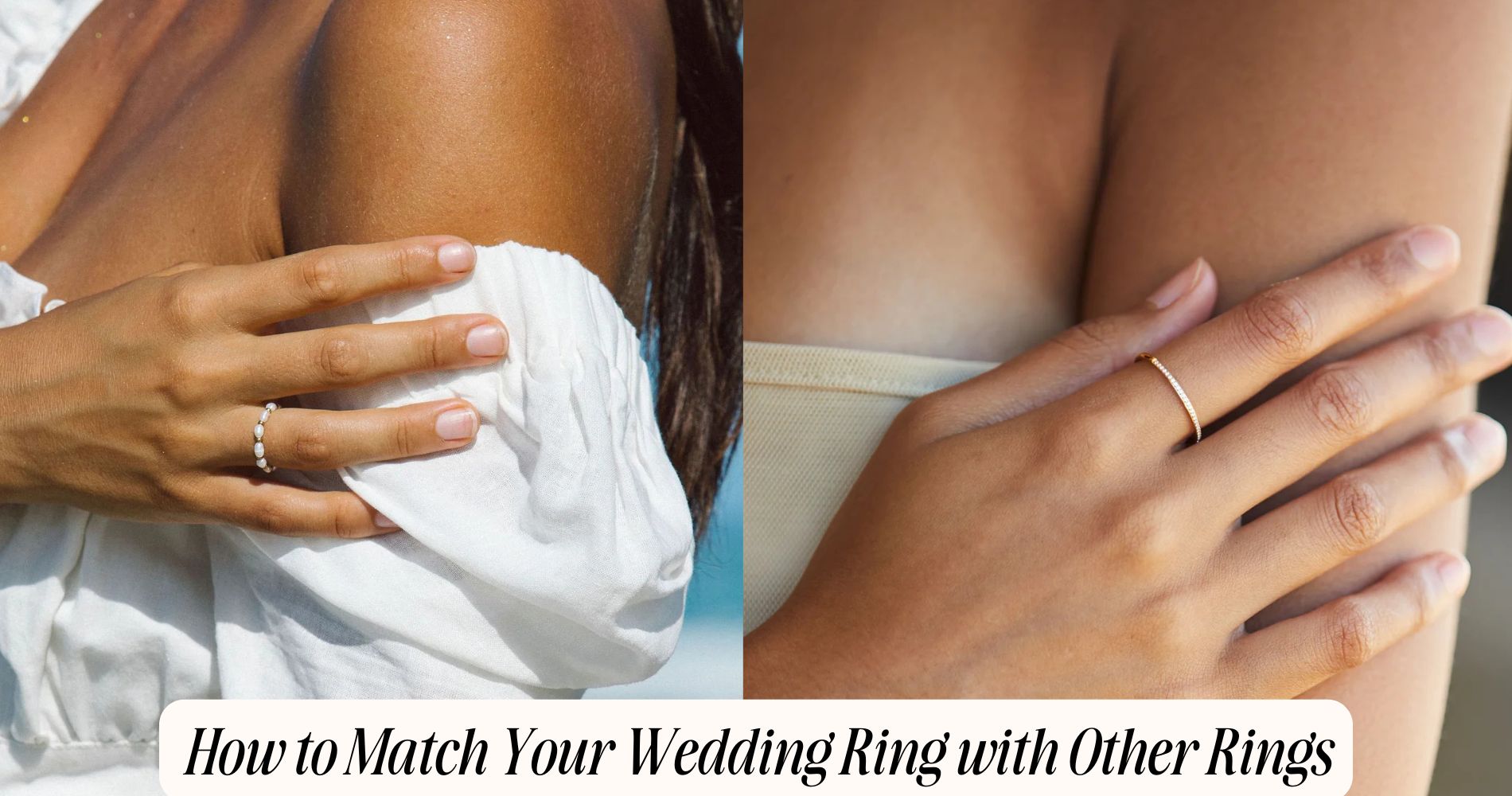
Differences Between 14k Vs 18k Gold Jewelry
When comparing 14k vs 18k gold jewelry, you'll notice distinct differences in purity, durability, and price. 14k gold contains 58.3% gold, making it more durable and resistant to scratches, ideal for everyday wear. In contrast, 18k gold is about 75% gold, offering a richer color but is softer and requires more care. Price-wise, 14k gold is typically more affordable, while 18k gold may hold better resale value due to its higher gold content. Consider your lifestyle and budget when choosing, and for those looking for pieces that balance durability and elegance, check out our Everyday Gold Jewelry collection, which offers a range of options that can guide your decision.
Gold Purity Explained
When it comes to gold jewelry, understanding gold purity is essential for making informed choices. Gold purity is measured in karats, with 24k representing pure gold. However, pure gold is often too soft for everyday wear, leading to the creation of gold alloys. These alloys mix gold with other metals, enhancing durability while maintaining aesthetic appeal.
14k gold, for instance, contains about 58.3% gold and 41.7% other metals, while 18k gold contains approximately 75% gold and 25% alloys. This difference in composition affects not only the color and luster but also the historical significance of the pieces you may choose.
Historically, various cultures have utilized specific gold alloys to achieve desired properties, influencing jewelry styles over centuries. Understanding these distinctions is crucial, especially if you're considering a purchase.
You'll want to weigh the benefits of durability against the luxurious appeal of higher gold content. By knowing how gold purity impacts your choices, you can select a piece that not only fits your style but also aligns with your values and lifestyle.
This knowledge empowers you to make decisions that resonate with your personal preferences and historical appreciation.
Durability and Wearability
In the domain of gold jewelry, durability and wearability play essential roles in determining the best choice for your lifestyle.
14k gold, with its higher percentage of alloy metals, is generally more resistant to scratching and bending, making it an ideal option for those who wear their jewelry daily. Its composition allows for greater scratch resistance, meaning you won't have to worry as much about everyday wear and tear.
On the other hand, 18k gold, while purer, is softer and more prone to damage. If you're someone who engages in physical activities or has a busy lifestyle, you might find that 14k gold holds up better over time.
When considering long-term maintenance, 14k gold typically requires less upkeep to maintain its appearance. You won't need to polish it as often as you'd with 18k gold, which can tarnish more easily.
Ultimately, if durability and wearability are your primary concerns, 14k gold stands out as a practical choice that balances beauty with resilience, ensuring your jewelry can withstand the rigors of daily life without sacrificing style.
Color and Appearance
The color and appearance of gold jewelry can greatly influence your buying decision, as they directly impact the overall aesthetic and style of the piece.
14k gold typically exhibits a slightly lighter hue due to its higher alloy content, which often includes metals like copper and silver that can impart a more muted tone. This results in a warm, rich color but with less depth than 18k gold.
On the other hand, 18k gold possesses a deeper, more vibrant color, thanks to its higher gold content. The increased purity gives it a luxurious, classic look that enhances its visual appeal.
You might notice that 18k gold can come in various shades, including yellow, white, and rose gold, allowing for diverse styles to suit your personal taste.
While both 14k and 18k gold offer beautiful shades and variations, your choice may depend on the specific aesthetic you're aiming for.
If you prefer a more understated look, 14k could be ideal. But if you want a striking, timeless appearance, 18k gold may be the better option.
Ultimately, understanding these color differences can guide you in selecting the perfect piece of jewelry.
Price Comparison
Color and appearance play a significant role in the overall value of gold jewelry, but price is an equally important factor to take into account. 14k gold is generally more affordable than 18k gold, primarily due to its lower gold content. When you're considering your budget, the price difference can be substantial. Typically, 14k gold costs less per gram, making it a popular choice for those seeking a balance between quality and affordability.
However, it's essential to recognize that the market demand for 18k gold often influences its resale value positively. Higher gold content means that 18k pieces generally hold their value better over time. If you're planning to resell your jewelry in the future, investing in 18k gold could yield a better return, given its desirability in the market.
In contrast, while 14k gold may be more accessible initially, its resale value mightn't be as promising due to lower demand.
Ultimately, weighing your immediate budget against potential future returns can help you decide which option aligns best with your financial goals.
Allergic Reactions and Sensitivities
When choosing gold jewelry, it's important to take into account potential allergic reactions and sensitivities. Both 14k and 18k gold contain alloys, which can include nickel, a common allergen. If you have nickel allergies, wearing jewelry that contains nickel can lead to skin sensitivity, resulting in rashes, redness, or irritation.
18k gold typically contains a higher gold content, which means it often has fewer alloys compared to 14k gold. This can make 18k gold a better choice for individuals prone to allergic reactions. However, the specific alloy composition varies by manufacturer, so it's vital to verify the metal content before purchasing.
For those sensitive to nickel, opting for nickel-free options, such as gold that uses alternative alloys like palladium or copper, can greatly reduce the risk of irritation.
Additionally, consider hypoallergenic jewelry, which is designed specifically for sensitive skin types.
Frequently Asked Questions
How Do 14K and 18K Gold Affect Resale Value?
When considering resale value, gold purity plays an essential role. In the resale market, 18k gold typically fetches higher prices due to its greater gold content, while 14k gold may not retain value as effectively.
Can 14K or 18K Gold Be Easily Engraved or Personalized?
Both 14k and 18k gold can be easily engraved and personalized. You'll find various engraving techniques and personalization options available, allowing you to create unique pieces that reflect your style and preferences beautifully.
What Are Common Styles Available in 14K and 18K Gold?
You'll find a variety of common styles in both 14k and 18k gold, ranging from classic designs like simple bands to modern trends featuring intricate patterns and unique shapes, appealing to diverse tastes and preferences.
How Do 14K and 18K Gold Compare in Terms of Sourcing Ethics?
When considering ethical sourcing, both 14k and 18k gold can vary considerably. You'll find that gold mining practices often influence their sustainability, with some sources emphasizing responsible extraction methods more than others, impacting environmental and social outcomes.
Are There Specific Care Instructions for 14K Vs 18K Gold Jewelry?
When caring for your gold jewelry, use gentle cleaning methods like mild soap and water. Store pieces separately to prevent scratches, and avoid exposing them to harsh chemicals for longer-lasting shine and durability.
Conclusion
In conclusion, choosing between 14k and 18k gold jewelry hinges on your priorities. If you value durability and affordability, 14k might be your best bet. However, if you prefer a richer color and higher purity, 18k gold is worth the investment. Consider potential allergic reactions as well, especially if you have sensitivities. Ultimately, understanding these differences helps you make an informed decision that suits your lifestyle and personal style. Choose wisely for a piece that lasts.

























Leave a comment
This site is protected by hCaptcha and the hCaptcha Privacy Policy and Terms of Service apply.